When Left is Right: How Palestinians Can Burst Israel’s Political Bubble
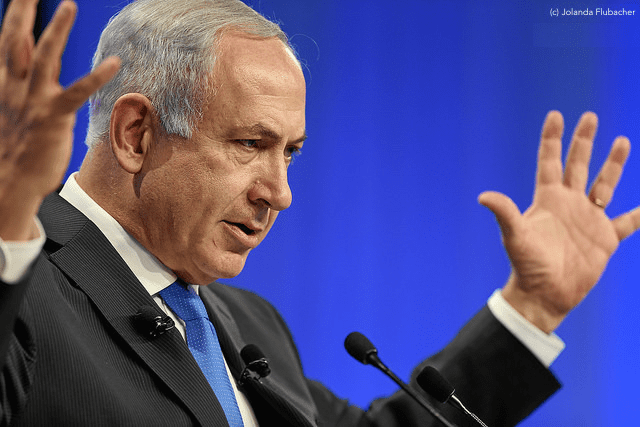
With Prime Minister Benjamin Netanyahu facing possible corruption charges, Israeli political parties are preparing to vie for the country’s leadership. But for Palestinians, Israel’s politics foreshadow a deterioration of their rights regardless of who prevails. Al-Shabaka Analyst 24369 examines the political scene and recommends ways to alter the structures that allow Israel to systematically deny Palestinian rights.
Israel’s Latest Attempts to Alter Geopolitical Realities in Jerusalem
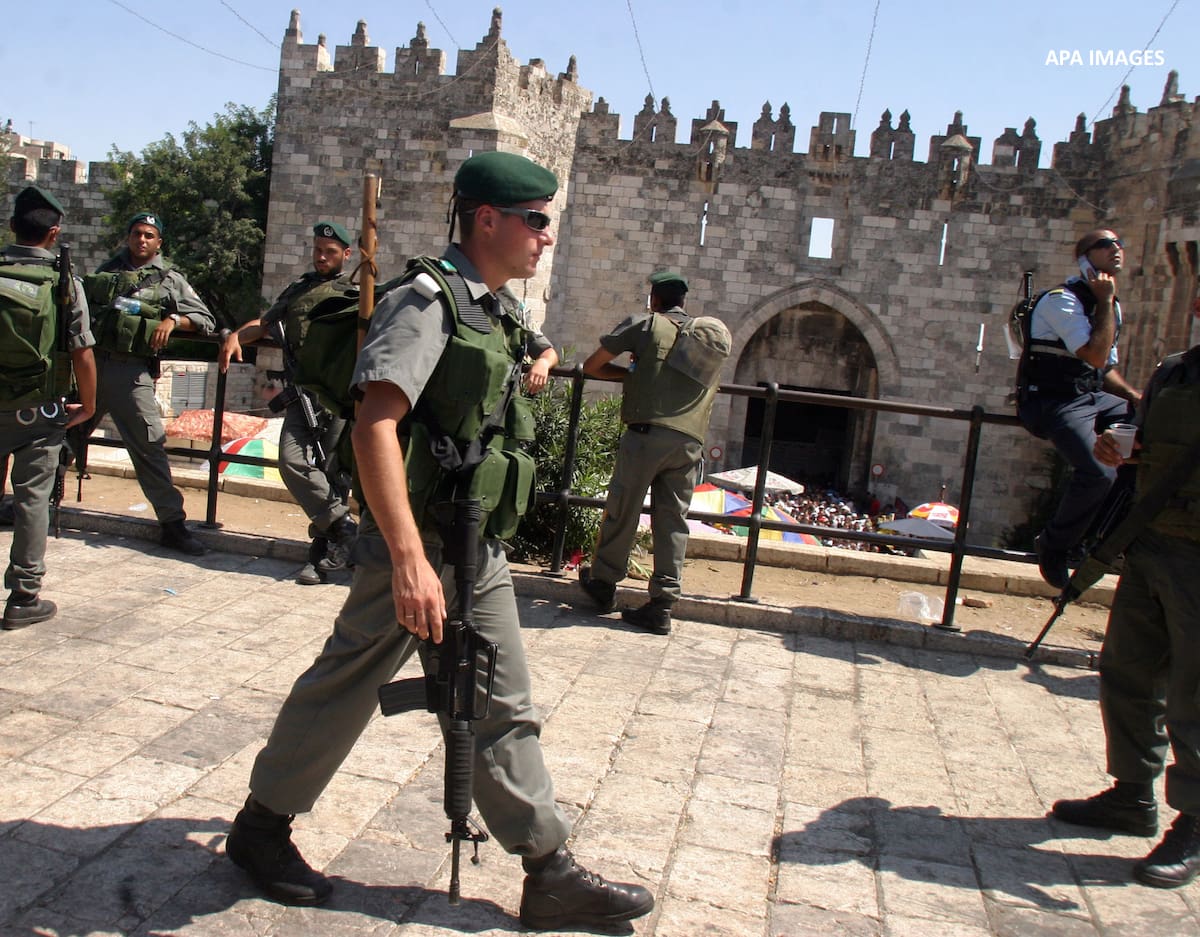
Emboldened by the election of US President Donald Trump, Israel’s Benjamin Netanyahu government has introduced bills aimed at annexing the West Bank, particularly around Jerusalem. Al-Shabaka US Policy Fellow 24598 examines the latest of these bills, analyzes their implications, and recommends ways Palestinians and the international community can impede Israel and hold it to account.
To Achieve One State, Palestinians Must Also Work for Two
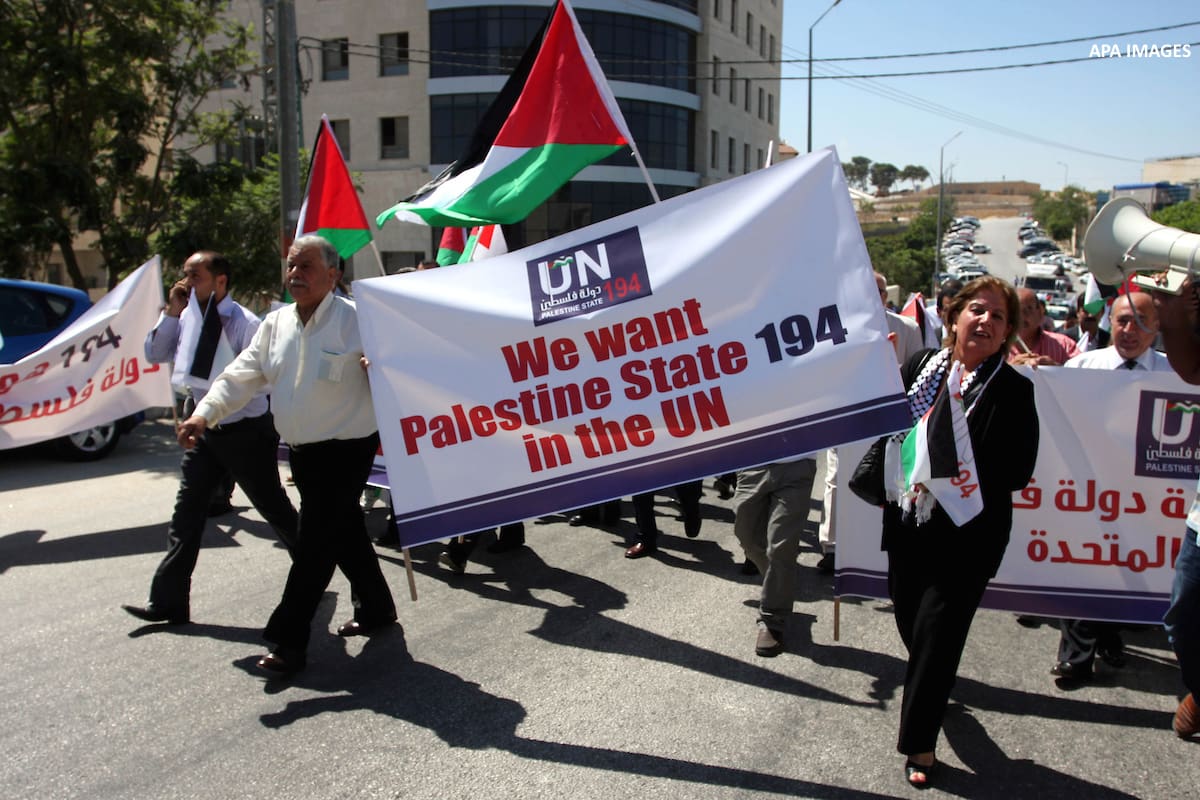
Donald Trump’s recognition of Jerusalem as Israel’s capital has spurred many proclamations of the end of the two-state solution. Yet is it time to move to a struggle for one state? Al-Shabaka Executive Director Nadia Hijab argues that Palestinians should work for either outcome, and calls for the reframing of the Palestinian narrative to advance that struggle.
Focus On: When Does It Become Apartheid?
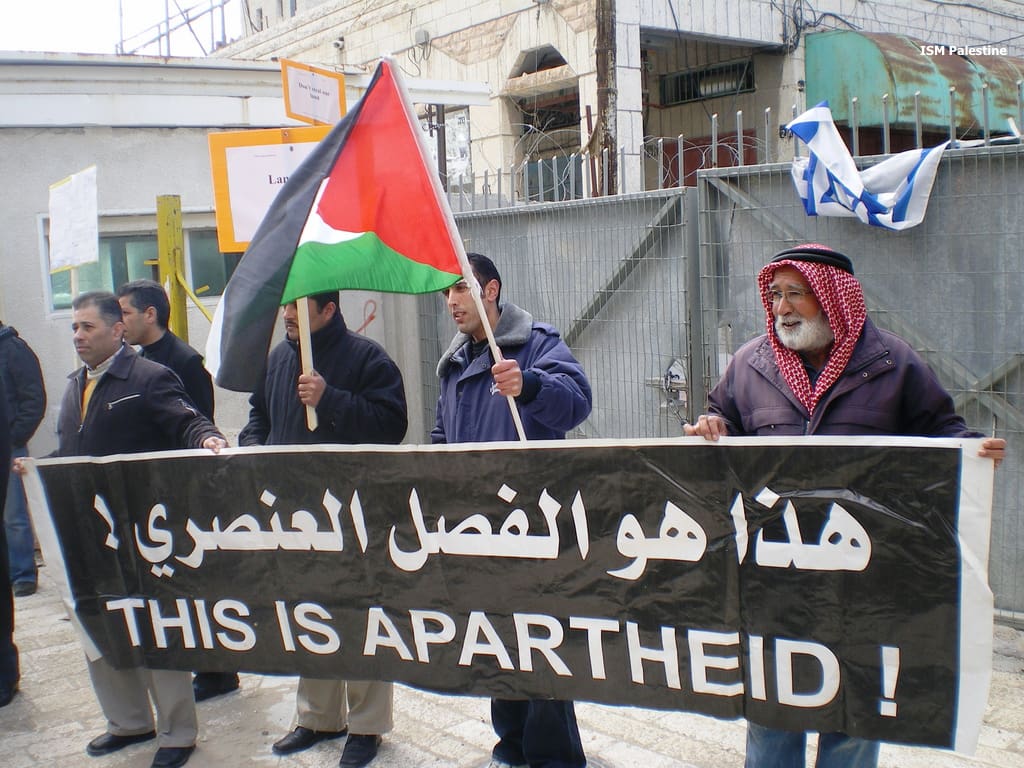
Does Israel’s treatment of the Palestinian people constitute apartheid? And is apartheid the best framework to apply to Palestine and the Palestinians to achieve freedom, justice, and equality? As 2018 marks 70 years since the Nakba – or catastrophe – began, this collection of Al-Shabaka analysis over the years helps shed light on the debate.
US Palestine Solidarity: Reviving Original Patterns of Political Engagement
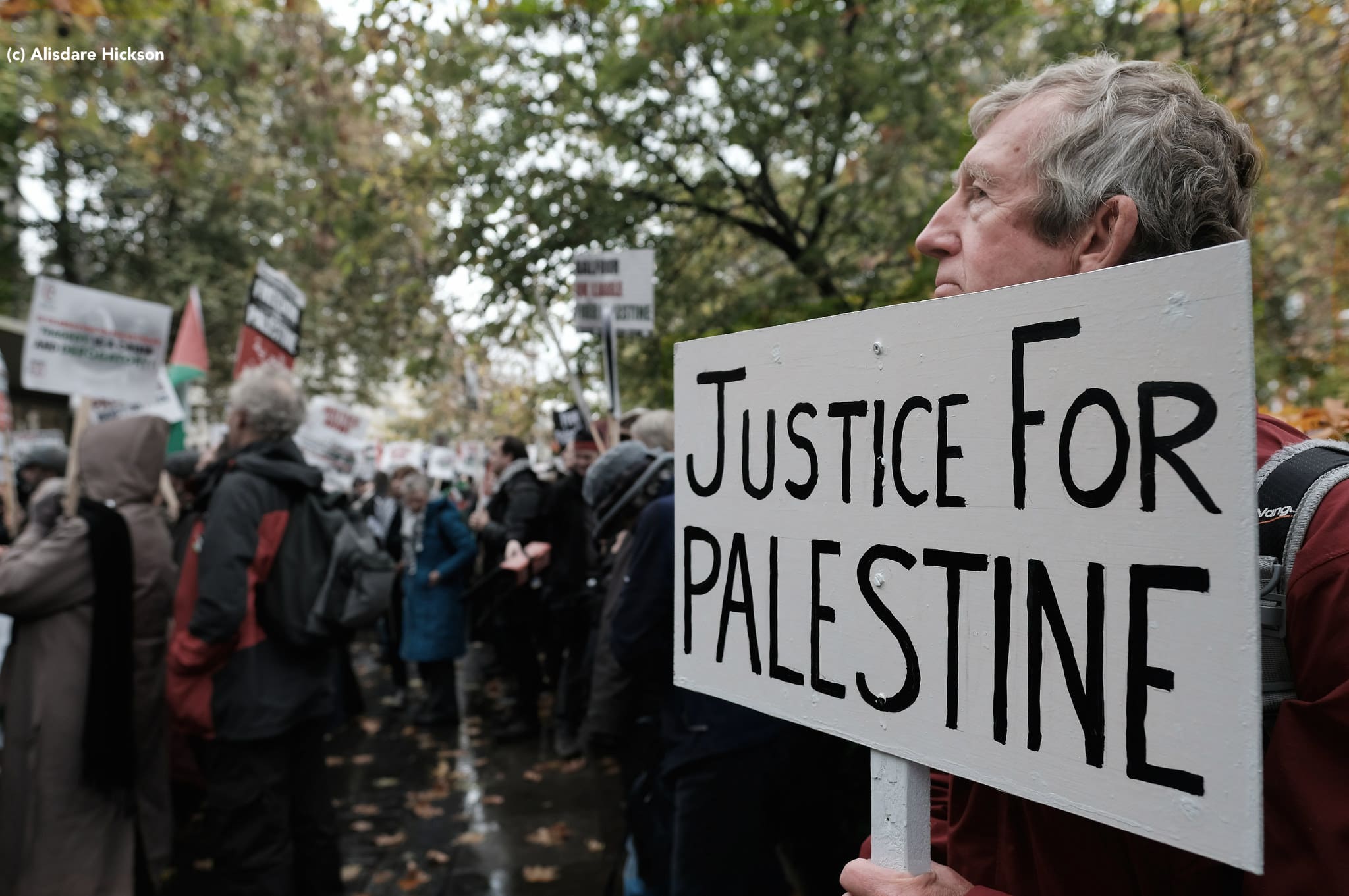
The US Palestine solidarity movement is returning to a joint struggle approach, a strategy that faded after the Oslo Accords when dominant solidarity activists focused on Palestine as a single issue. Al-Shabaka Policy Analyst Loubna Qutami traces this development, assesses its benefits and challenges, and recommends ways to strengthen organizing for Palestinians in the US.
Imposing Peace: Trump and the Palestinians
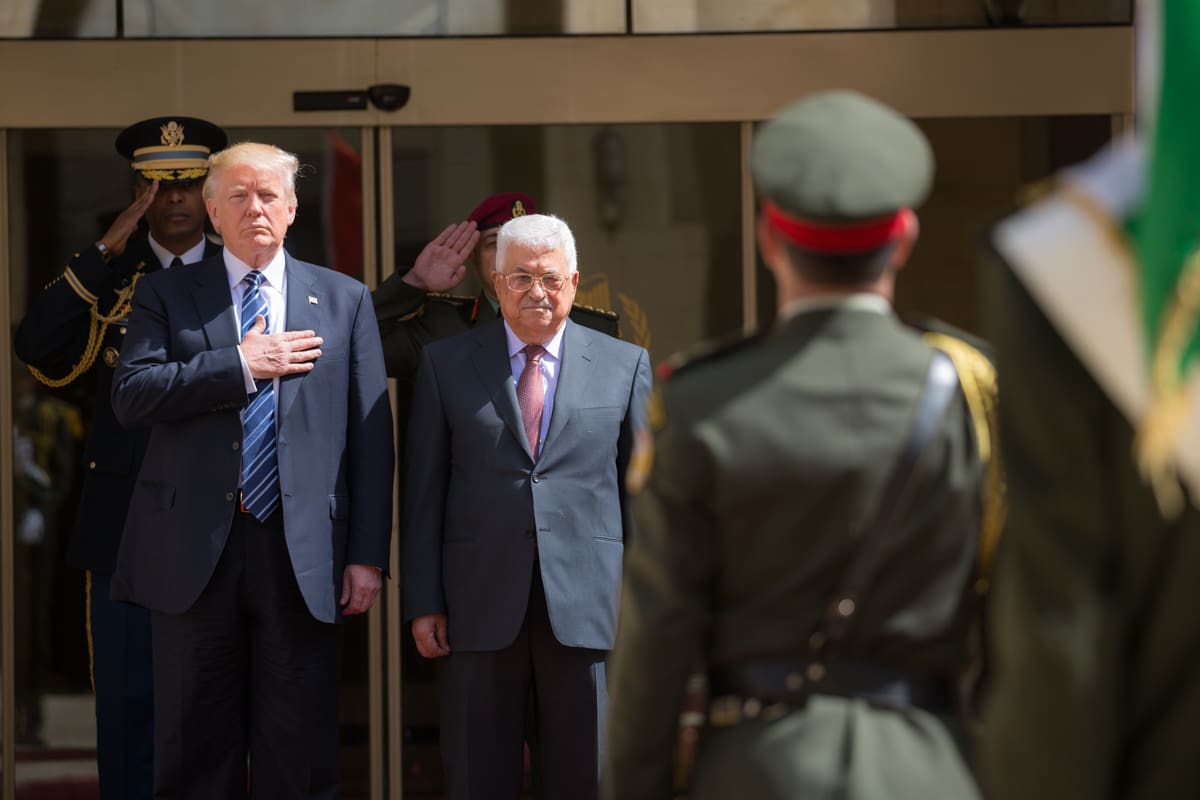
What does Trump’s recognition of Jerusalem as Israel’s capital mean for Palestine and the Palestinians? In a new commentary, Al-Shabaka Policy Analyst Osamah Khalil traces seven decades of US policy that laid the ground for this move.
After Trump’s Jerusalem H-Bomb: Weighing Options for Palestinians
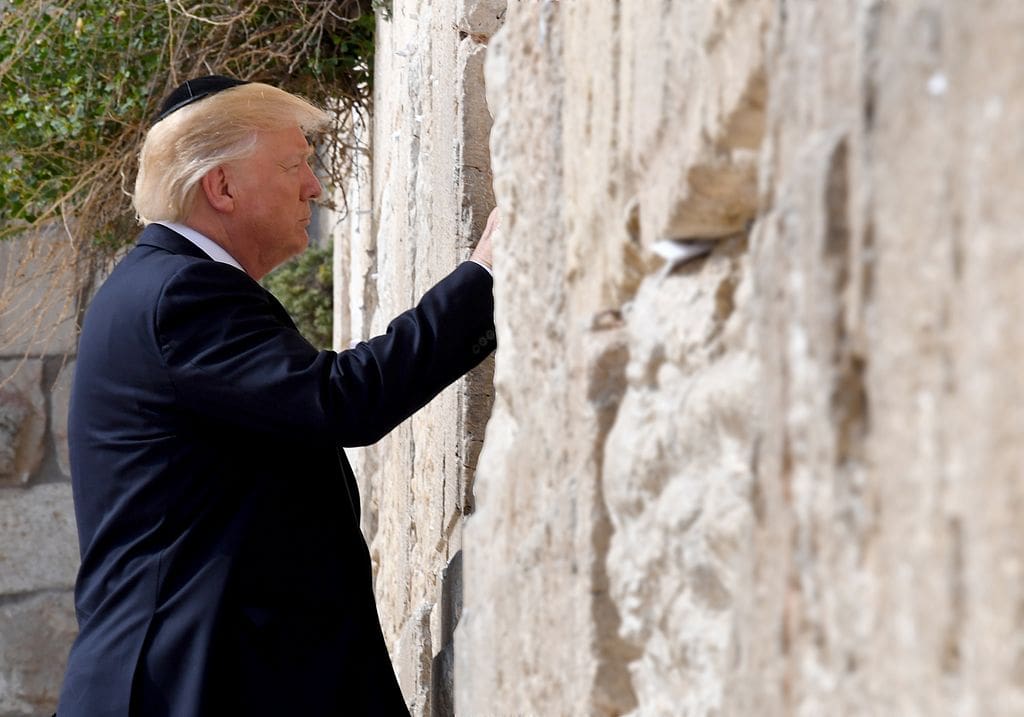
Israel is intent on legalizing its occupation of the Palestinian Territory and US president Donald Trump’s recognition of Jerusalem as Israel’s capital is key to its plans. Yet, as Al-Shabaka Executive Director Nadia Hijab argues, longer-term trends could undermine Israel’s designs and Palestinians must regroup and reinforce these trends so as to secure their rights.
How Can Palestinian Reconciliation Efforts Save the National Project?
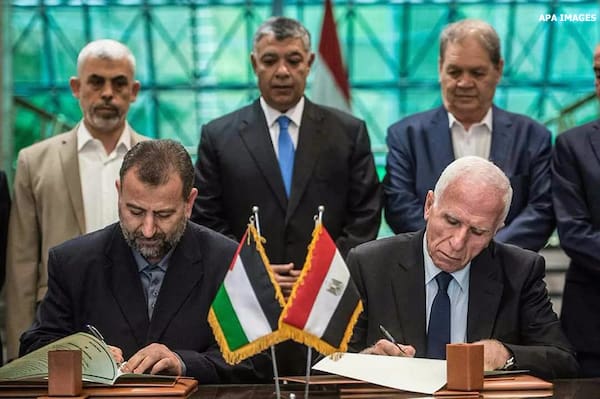
The statement signed by Palestinian factions in Cairo last week was not a sign of strength and promise, but instead demonstrates the weakness of the Palestinian movement, writes Al-Shabaka Policy Analyst 24582. He analyzes the factors hindering national unity, including Israeli interests, and proposes ways Palestinians can reach consensus and protect their national project.
Apartheid from Within? The Palestinian Citizens of Israel
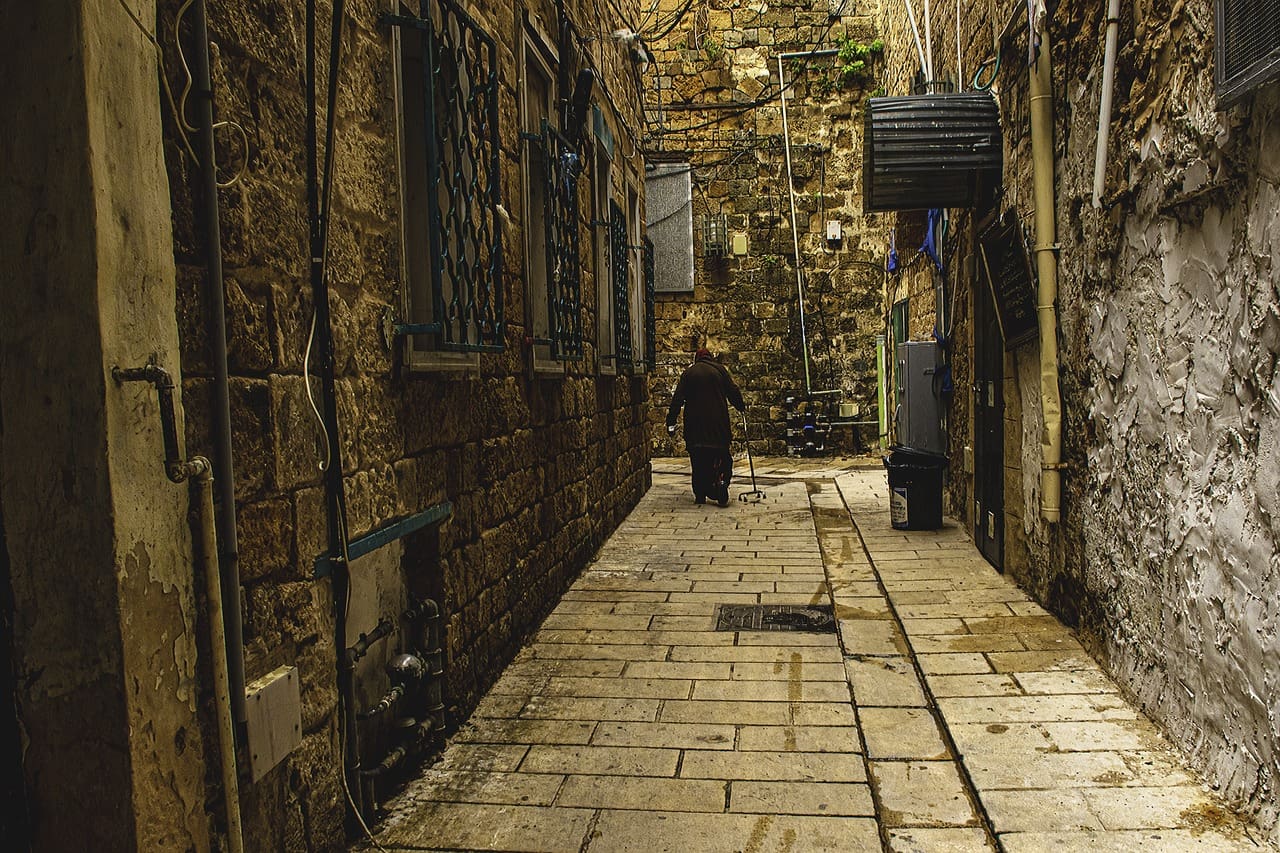
The term apartheid is often used to refer to the situation of the Palestinians under occupation. Al-Shabaka Policy Fellow 24588 examines the application of the term to the Palestinian citizens of Israel by focusing on citizenship, land, education, and politics. She also discusses whether such analysis can advance this community’s rights and counter fragmentation among Palestinians as a whole.









